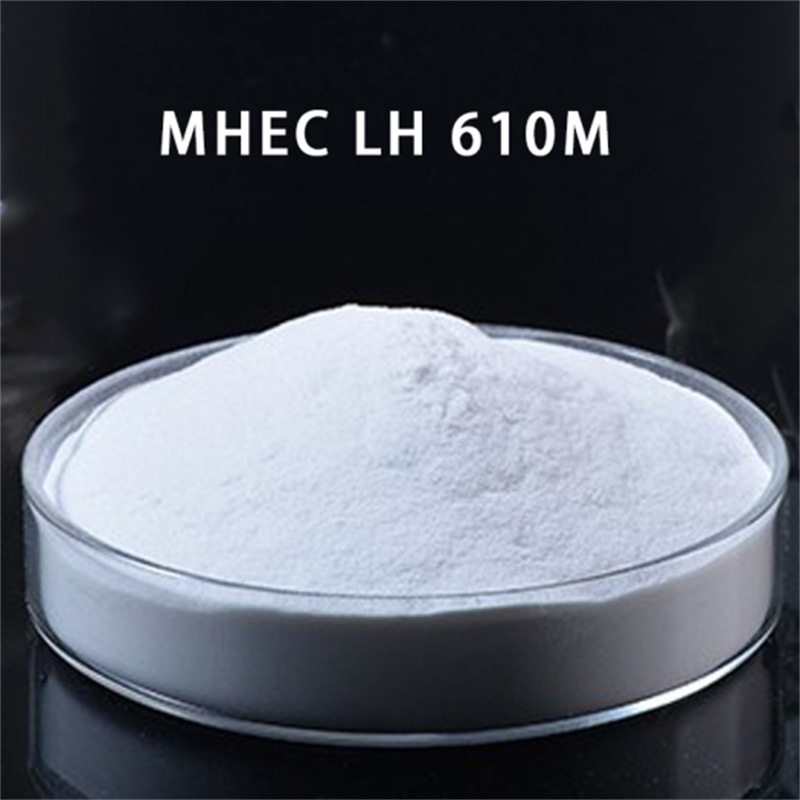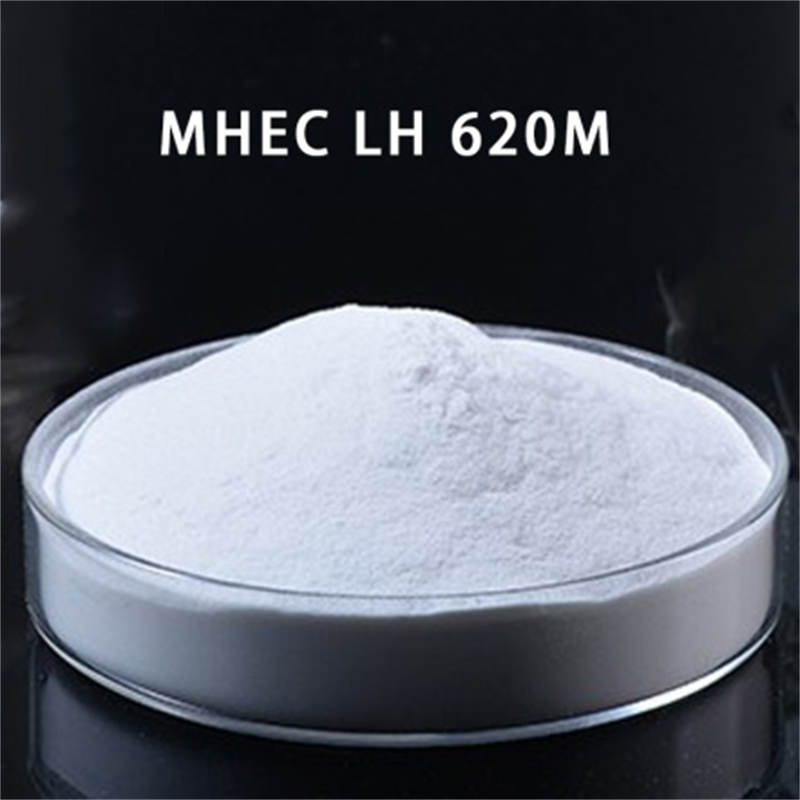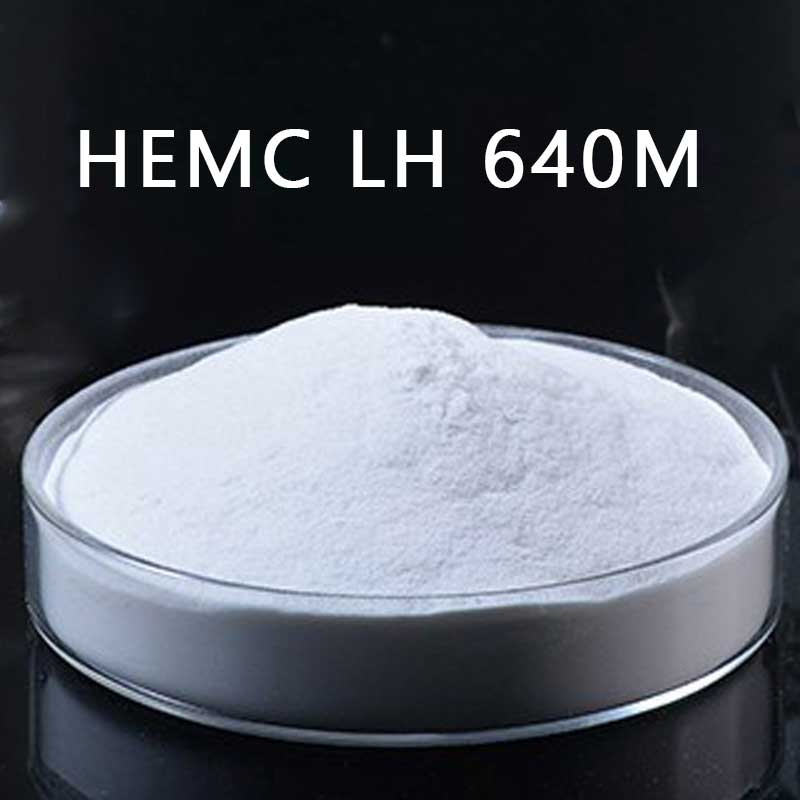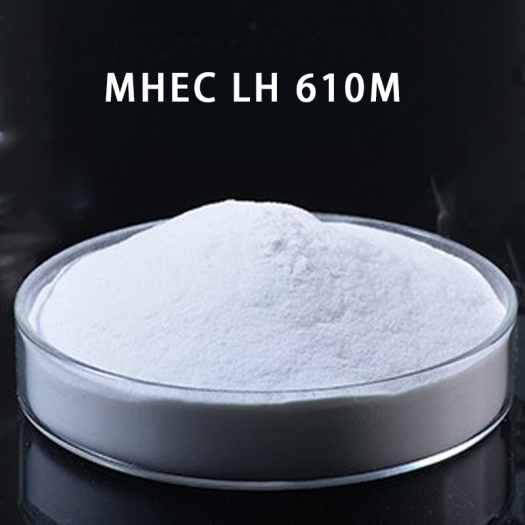
Products
MHEC LH 615M
Specification of MHEC LH 615M
| Chemical name | Methyl Hydroxyethyl Cellulose |
| Synonym | Cellulose ether, 2-hydroxyethyl methyl cellulose, Cellulose, 2-hydroxyethyl methyl ether, hydroxyethyl Methyl cellulose, MHEC, HEMC |
| CAS number | 9032-42-2 |
| Brand | EipponCell |
| Product Grade | MHEC LH 615M |
| Solubility | Water Soluble Cellulose ether |
| Physical form | White to off-white cellulose powder |
| Moisture | Max.6% |
| PH | 4.0-8.0 |
| Viscosity Brookfield 2% solution | 12000-18000mPa.s |
| Viscosity NDJ 2% solution | 12000-18000mPa.S |
| Ash content | Max5.0% |
| Mesh size | 99% pass 100mesh |
| HS code | 39123900 |
Application of MHEC LH 615M
EipponCell MHEC LH 615M methyl hydroxyethyl cellulose offers several advantages when used in dry-mixed mortar. Firstly, it enhances water retention and reduces the consistency of the mortar. By adjusting the amount of cellulose ether, it becomes possible to meet the specific requirements of different mortar projects.
It is important to note that the addition of cellulose ether may lead to a decrease in the flexural strength and compressive strength of the mortar. However, it does contribute to an increase in the folding ratio and bonding strength, thus improving the overall durability of the mortar.
Additionally, the incorporation of cellulose ether can improve the shrinkage performance of the mortar. As the content of cellulose ether increases, the shrinkage value of the mortar gradually decreases. However, it should be noted that once the amount of cellulose ether reaches a certain threshold, the shrinkage value of the mortar may start to increase due to an increase in air-entraining amount.
Documents of MHEC LH 615M
Recommended HEMC for Building & Construction


Address
Mayu Chemical Industry Park, Jinzhou City, Hebei, China
Tel/Whatsapp
+86-311-8444 2166
+86 13785166166 (Whatsapp/Wechat)
+86 18631151166 (Whatsapp/Wechat)
Latest information
news








